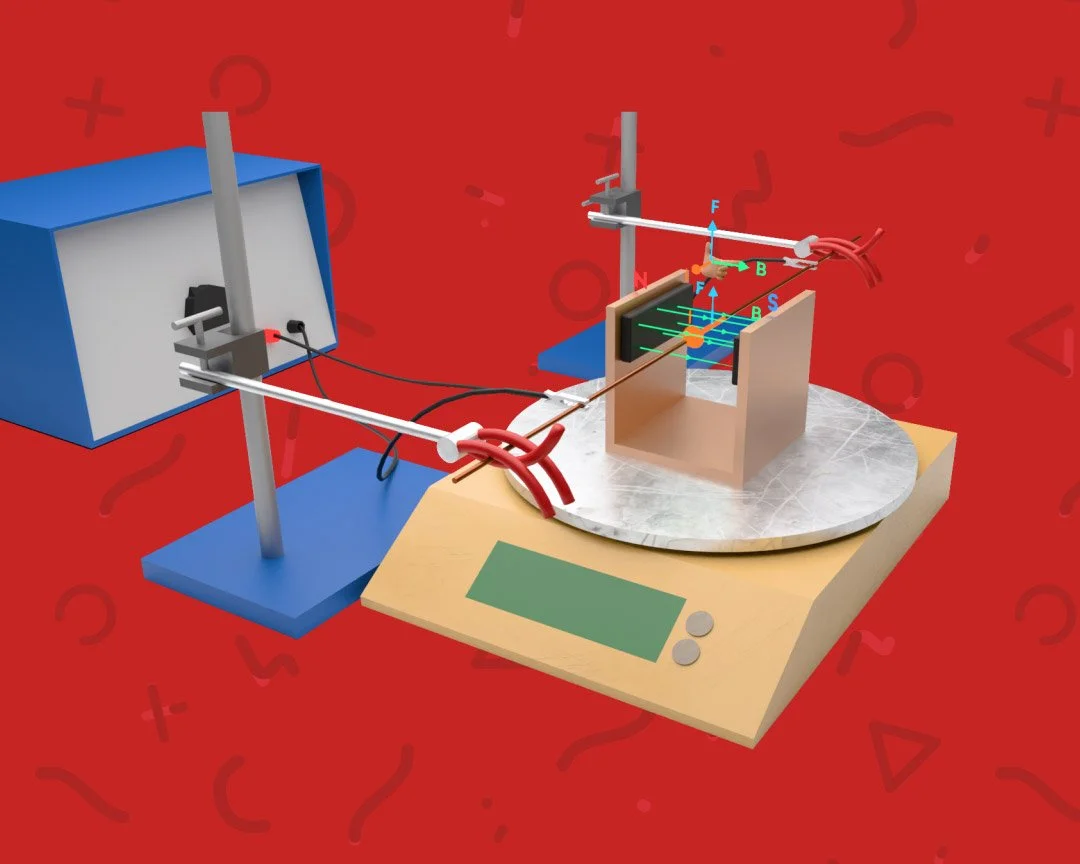Setting Realistic Goals and Expectations for GCSE Success
Welcome to GoPhysics.co.uk, your dedicated platform for mastering GCSE Physics. Achieving success in your exams begins with setting clear and achievable goals. In this blog post, we'll explore the importance of goal-setting, provide guidance on how to establish realistic expectations, and show you how to utilise the resources available on GoPhysics.co.uk to measure your progress.
The Importance of Setting Goals
Setting goals provides direction, motivation, and a clear sense of purpose. Here's why it's crucial for your GCSE success:
Focus and Clarity: Goals help you identify what you want to achieve, providing clarity in your studies.
Motivation and Persistence: Having specific goals keeps you motivated and encourages you to persevere through challenges.
Measuring Progress: Goals serve as benchmarks for your progress, allowing you to track your development over time.
Steps to Setting Realistic Goals
1. Be Specific
Define your goals with precision. Instead of saying, "I want to do well in Physics," specify, "I aim to achieve a grade 8 in my GCSE Physics exam."
2. Set Measurable Targets
Establish clear metrics to track your progress. For example, "I will complete one full past paper each week."
3. Make Goals Achievable
Ensure your goals are realistic and attainable given your current circumstances and resources.
4. Set Timeframes
Assign a specific time frame for each goal. This creates a sense of urgency and helps you stay on track.
5. Break Down Larger Goals
If you have a big goal, break it down into smaller, manageable tasks. This makes it less overwhelming.
Using GoPhysics Resources to Measure Progress
1. Video Lessons and Animations
Track your progress by revisiting video lessons and animations on GoPhysics.co.uk. Are you understanding the content better? Are you able to apply concepts more effectively?
2. Flashcards and In-built Questions
Test your knowledge and retention using the flashcards and in-built questions on GoPhysics.co.uk. Are you answering more questions correctly over time?
3. Past Papers
Use past papers to assess your readiness for the exam. Are you improving your scores with each practice paper?
Maintaining Realistic Expectations
It's important to be realistic about what you can achieve. Here are some additional tips:
Acknowledge Progress: Celebrate small victories along the way. Recognise and applaud your efforts, no matter how incremental.
Be Adaptable: If you encounter challenges, be open to adjusting your goals. Flexibility is key to long-term success.
Seek Support: Don't hesitate to ask for help or guidance when needed. Teachers, peers, and online resources can provide valuable assistance.
By setting realistic goals, tracking your progress, and utilising the resources available on GoPhysics.co.uk, you're taking proactive steps towards GCSE success. Remember, it's not just about the end goal, but the journey of growth and learning along the way.
-





